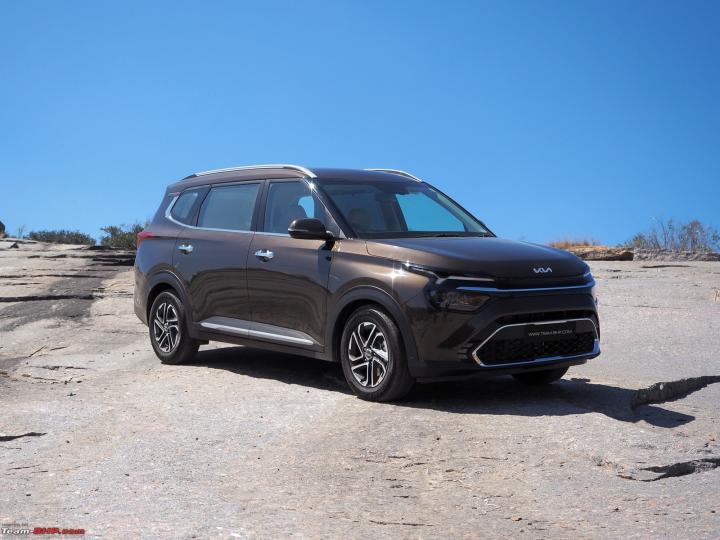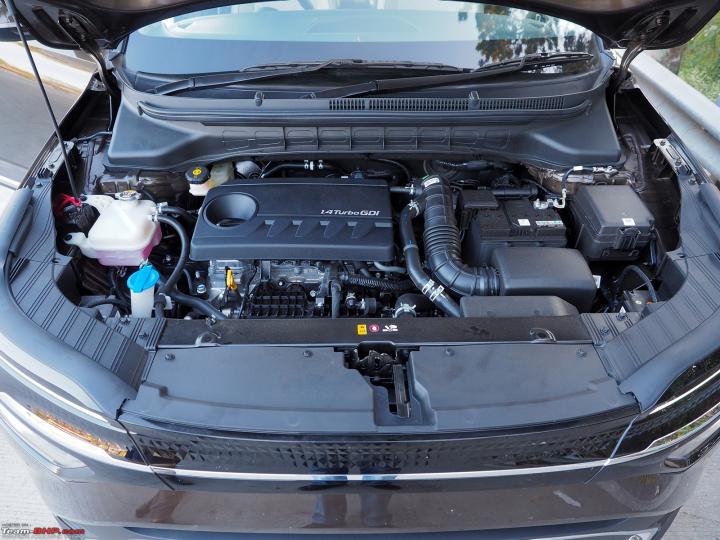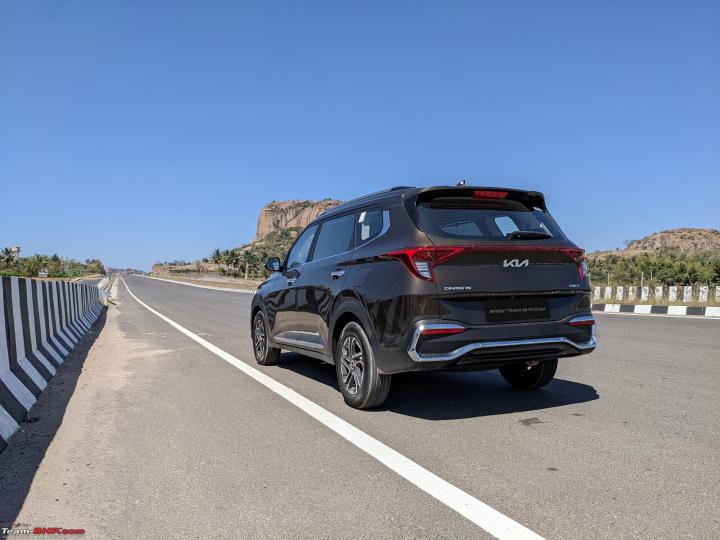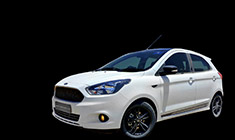News
Kia Carens: Petrol vs Diesel. Which to choose?
The Carens carries forward the same engine and transmission options as its sibling, the Kia Seltos.
The Kia Carens was launched in India last month. The all-new 7-seater offering from the South Korean car brand has gotten off to a good start, recording 50000 bookings already.
The Carens carries forward the same engine and transmission options as its siblings. This includes a 1.5-litre NA petrol, a 1.5-litre diesel and a more powerful 1.4-litre turbo-petrol unit. To make matters more confusing, all three engine options are offered across most variants, while being priced competitively.
So, if you were to buy the Kia Carens, which engine option would you pick & why?

Starting off with the petrol, the Kia Carens comes with 2 options - the first is the 1.5-litre naturally-aspirated petrol producing 113 BHP and 144 Nm, while the second is the 1.4-litre turbo-petrol unit churning out 138 BHP and 242 Nm. Both engine options come with a standard 6-speed manual transmission, while the T-GDI unit is offered with an optional 7-speed DCT automatic transmission.

The powerful turbo-petrol gives the Carens AT very long legs. It is punchy and fast on the expressway and will keep petrol-heads happy. Floor the accelerator and you'll see a bit of torque steer too. The mid-range is strong as is typical of turbo engines; this is very helpful during overtaking. The combination of this engine, smooth gearbox, light steering, excellent ergonomics, properly placed dead pedal and good frontal visibility make the Carens a breeze to drive. Read the full official review of the Kia Carens - here.

Coming to the diesel, the Kia Carens features a 1.5-litre unit producing 113 BHP and 250 Nm. It is paired with either a 6-speed manual or a 6-speed torque converter automatic transmission unit.
GTO recently drove the diesel-powered Kia Carens and here's what he had to say. "Excellent ride quality + space packaging + useable 3rd seat row + dashboard design + features + front styling. Drove the Diesel MT and found it practical as well as efficient. Power is adequate but will be strictly okay with 7 people on board". Read GTO's review on the Kia Carens diesel MT - here.
Here's what GTO had to say on the matter:
Wouldn't go for the 1.5L NA as it's the least impressive engine of the bunch. Doesn't make sense unless you are restricted by budget.
Between the turbo-diesel and turbo-petrol, the answer is simple. High running & quest for reliability = the diesel. Lower running & faster performance = the petrol.
I would personally go for the diesel as I have a heavy right foot and turbo-petrol ATs guzzle like crazy at high rpm. I'm also not convinced about the long-term reliability of the DCT. Lastly, I feel a Diesel AT just suits a 7-seater more than petrol.
In traffic, I prefer the low-speed smoothness of a torque-converter to the inconsistent behaviour of a DCT. So, there you go.
Here's what BHPian neeraj08 had to say on the matter:
I test drove Carens Diesel AT before I got home the Petrol DCT. The 1.4 Turbo petrol of course feels more eager than the diesel when you drive it in traffic. The car just wants to get up and run when you take the foot off the brakes. Diesel AT launches sedately from a standstill if you compare it with that. The gearshifts are smoother too in the petrol DCT.
All in all, the petrol motor suited our needs given the not so high mile-munching, and hence we went for it.Diesel AT:
- Refined engine
- Meant for sedate driving
- Good fuel efficiency
Turbo Petrol DCT:
- Even more refined than the diesel
- Lets you have fun while driving
- Drinks more fuel than diesel
Here's what BHPian 84.monsoon had to say on the matter:
Voted 1.5 NA Petrol. For city drives, this engine is butter smooth and noiseless in other similar Hyundai/Kia applications. (Though there are no reviews yet of this engine in the Carens). There is no turbo lag and the low-end grunt is very good. For highway drives, this engine will struggle when asked to put on a sudden burst of speed after slowing down, but the overall linear acceleration is very good and better than the Diesel (0-100 in 11.5 seconds based on Kia figures). The engine delivers excellent fuel economy for its size and is a proven powertrain with less complexity as compared to the 1.4 turbo petrol. Finally, the value equation is incredible on the 1.5 NA Prestige variant - pricing such a loaded car under 10 lakhs does not happen often in the industry! This pricing is hatchback territory for the kind of safety and convenience features on offer, which even top variants of competing cars in that segment do not offer.
Here's what BHPian Shreyans_Jain had to say on the matter:
Diesel + 6AT
The ultimate combination for fuel economy, reliability and peace of mind.
The turbo petrol may be powerful but it is too sensitive to throttle inputs to be consistently efficient. Also, I am not convinced about the long term reliability of these direct injection engines. Especially considering milawat (adulteration), or ethanol blending, will now be mandatory. I won’t spend my money on these engines till the company explicitly says they are E20 compatible. Then there is the dry clutch DCT, which is a can of worms of its own.
The turbo petrol DCT engine option is fine for light users, of those who keep the car for 4-5 years. But heavy users and those who retain their cars for 7-10 years will be better off with the diesel + torque converter automatic. You can always remap if you feel the need of some extra oomph.
Check out BHPian comments for more insights and information.
























